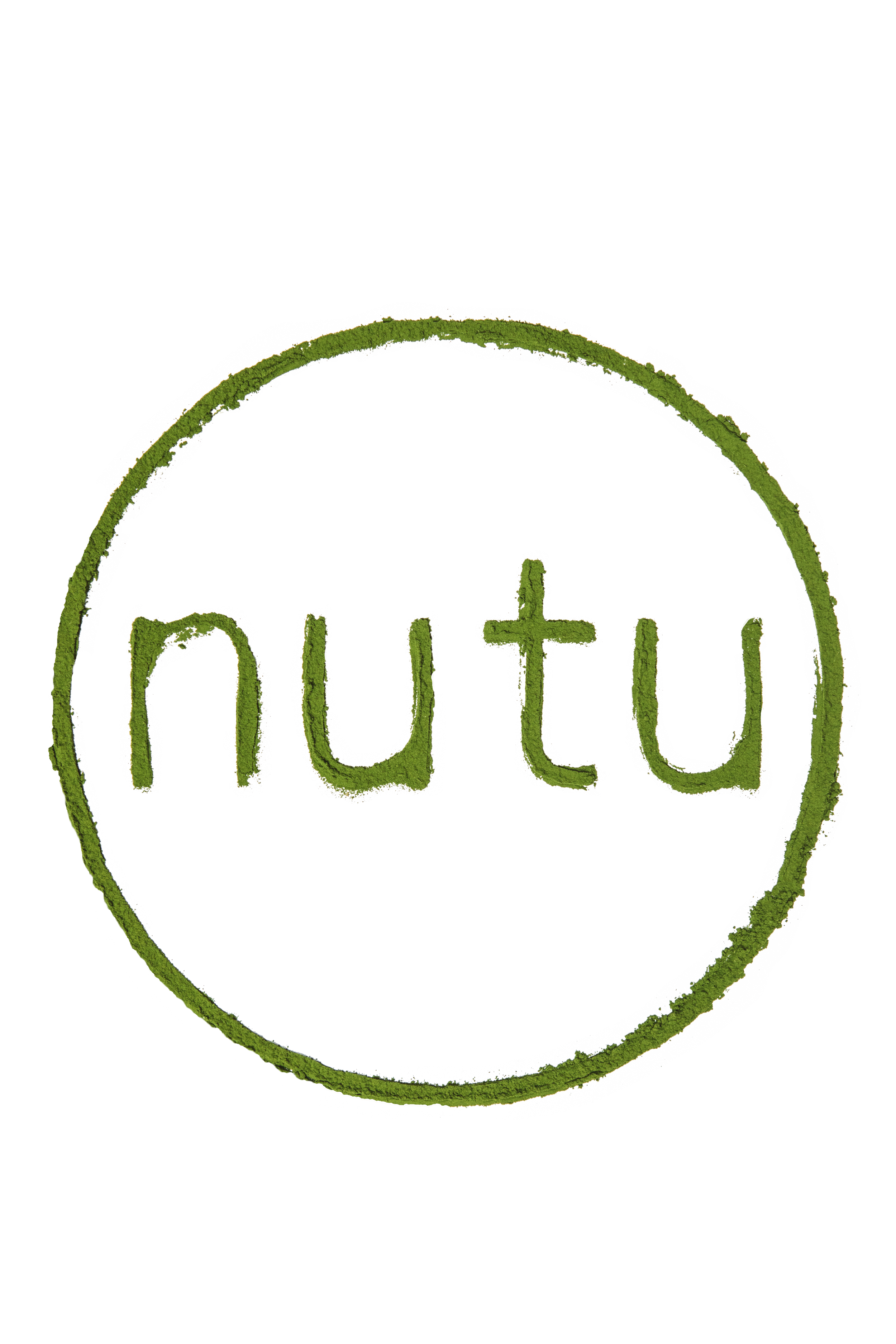Meet Zeatin: Moringa's most potent cytokinin
ZEATIN
A potent cytokinin
What are cytokinins and what is Zeatin?
Cytokinins are plant hormones and naturally occurring growth promoters and healing agents.
They stimulate the synthesis of proteins and nucleic acids (which encode genetic information). Cytokinins also regulate a wide number of processes including the accumulation and synthesis of nutrients, seed germination, flowering, and wound healing.
In other words, without cytokinins plants wouldn't know when to grow, when to expand, when to rest or when to bloom.
By now you are probably already familiar with Moringa. However this amazing little tree never ceases to amaze us with its richness and versatility.
Recent biochemical analyses have revealed that Moringa leaves contain unusually large amounts of cytokinins (Anwar et al. 2006). And one of them really caught our attention because of its unexpected concentration.
We now know that moringa leaves contain thousands of times more zeatin than any other plant researched so far!
Zeatin seems to be specialized in the control of cell growth, cell division and cell differentiation and is thus a great ally when it comes to delaying senescence -the process of aging (Hönig et al. 2018). According to a very interesting study published in Rejuvenation Research, zeatin has several anti-aging effects on human skin fibroblasts (Rattan et al. 2005).
Research studies have shown that plant cytokinins have similar functions in plants, animals and humans.
Zeatin protects cells
Cytokinins stimulate the enzymes and processes involved in regeneration of tissues, while at the same time protecting against free radical damage.
New and exciting data reveals insights about their mechanism of action. Enzymes are the workforce of the body they signal the activation or shut down of most physiological processes.
Various experiments have shown that cytokinins like zeatin have potent anti-aging and protective effects on human cells. It is interesting to note that it's probably because plants and humans encode genetic information in similar ways and share a majority of biological compounds such as proteins, enzymes, lipids, sugars, vitamins, minerals…
Zeatin also has potent antioxidant and immunity enhancing properties (Lappas, 2014) and thus protects cells against oxidation. The increasing oxidation of our cells and their components is a major part of aging. Our genetic material inevitably degrade and loses its ability to function properly.
Plants are our main source of powerful antioxidants and our best allies against free radical damage.
Zeatin makes skin cells more resistant to environmental stresses and enables them to retain their functions longer. Moringa's zeatin protects our skin against environmental damage, delays skin aging and improves skin barrier functions, including better moisture retention and elasticity.. Zeatin was also proven to inhibit neuronal toxicity and to provide various neuroprotective effects (Choi et al. 2009). Its presence could be very beneficial against brain senescence as well.
What is the concentration of zeatin in Moringa?
Across the vegetal world zeatin concentration varies greatly, the spectrum seems to be between .00002 mcg/g and .02 mcg/g (IBC Laboratory, Tucson, AZ).
The zeatin concentration in our moringa leaves was found to be extremely high: 230mcg/g material, that is thousands of times more concentrated than in most plants studied so far.
We don't what causes this unusually high amount of zeatin but our best guess is that it is linked to the very fast growth and extraordinary nutritive richness of the tree.
Conclusions
Moringa Oleifera is extraordinarily rich in zeatin.
Zeatin's function is to control growth and healing, it protects our cells by influencing cell division and by preventing free radical damage.
Plant cytokinins like zeatin have similar functions in plants, animals and humans.
Zeatin is a powerful antioxidant and neuroprotective.
Aging gracefully requires that we nourish our bodies properly and that we support our extraordinary internal healing powers.
Our health and vitality heavily depend on our diet and a steady input of nutrients, vitamins, essential micro-elements and protective phytochemicals.










